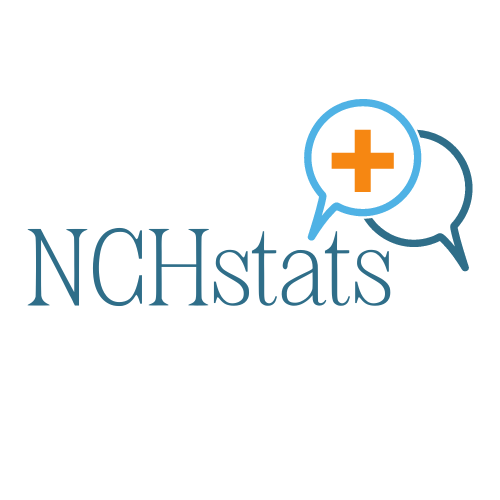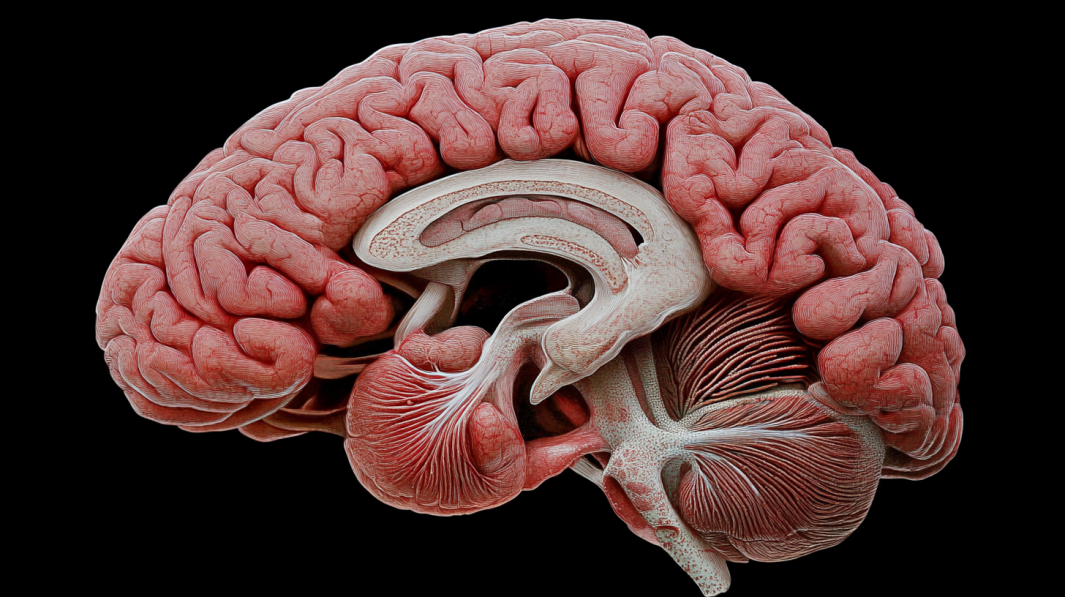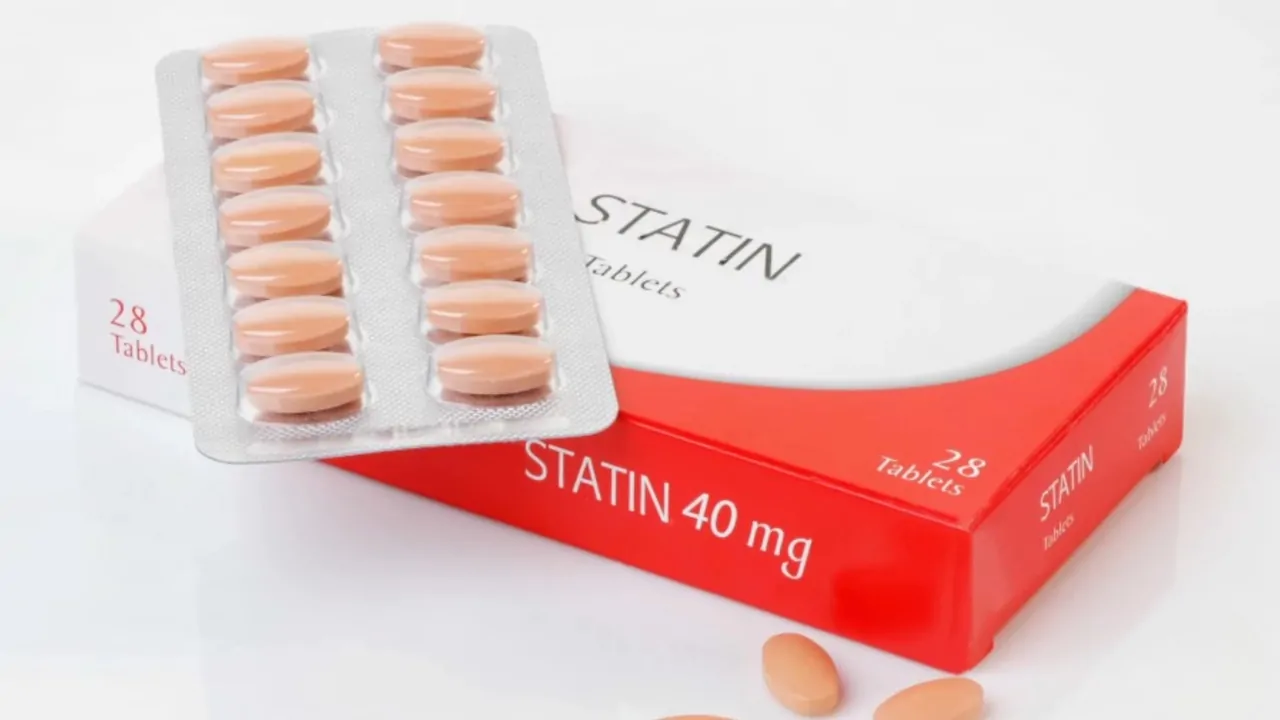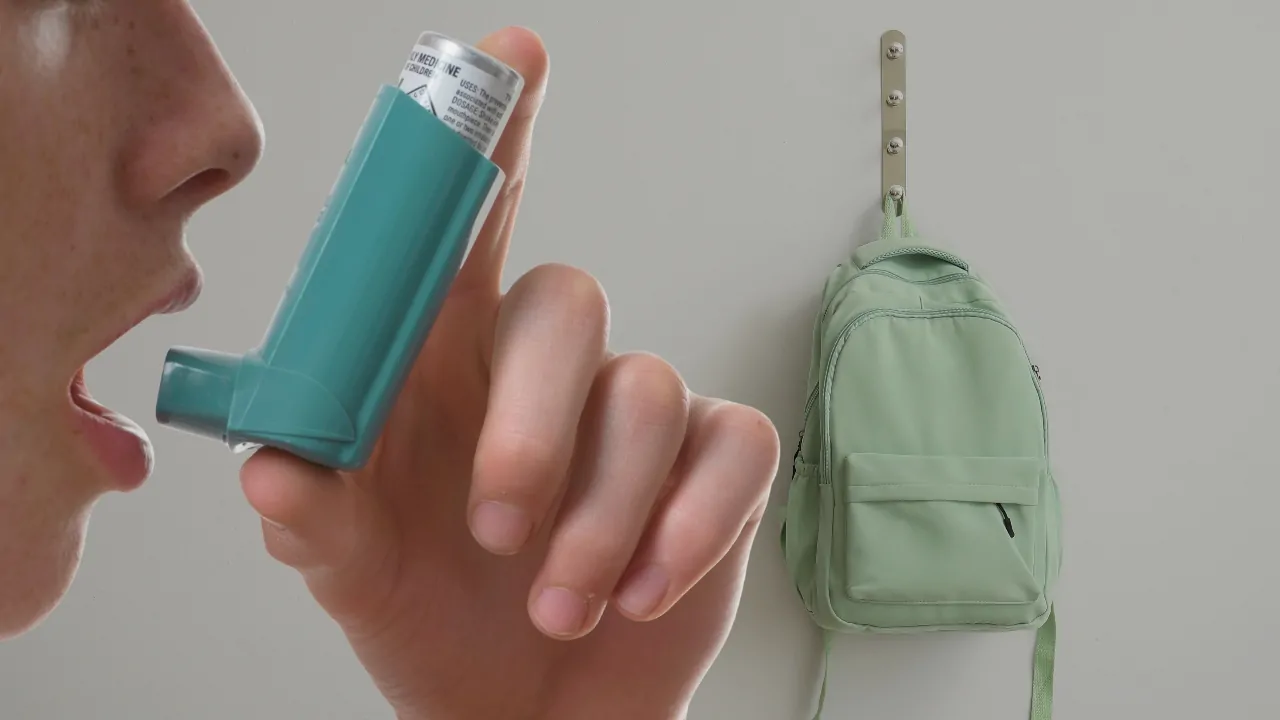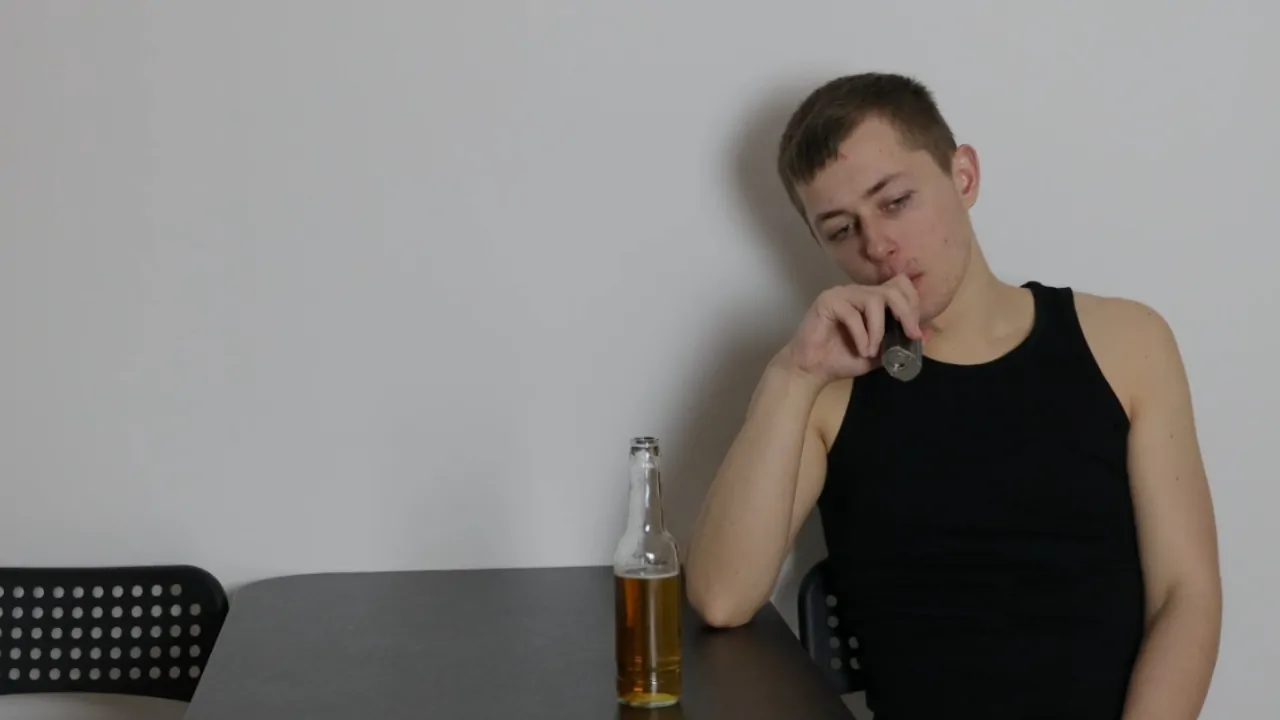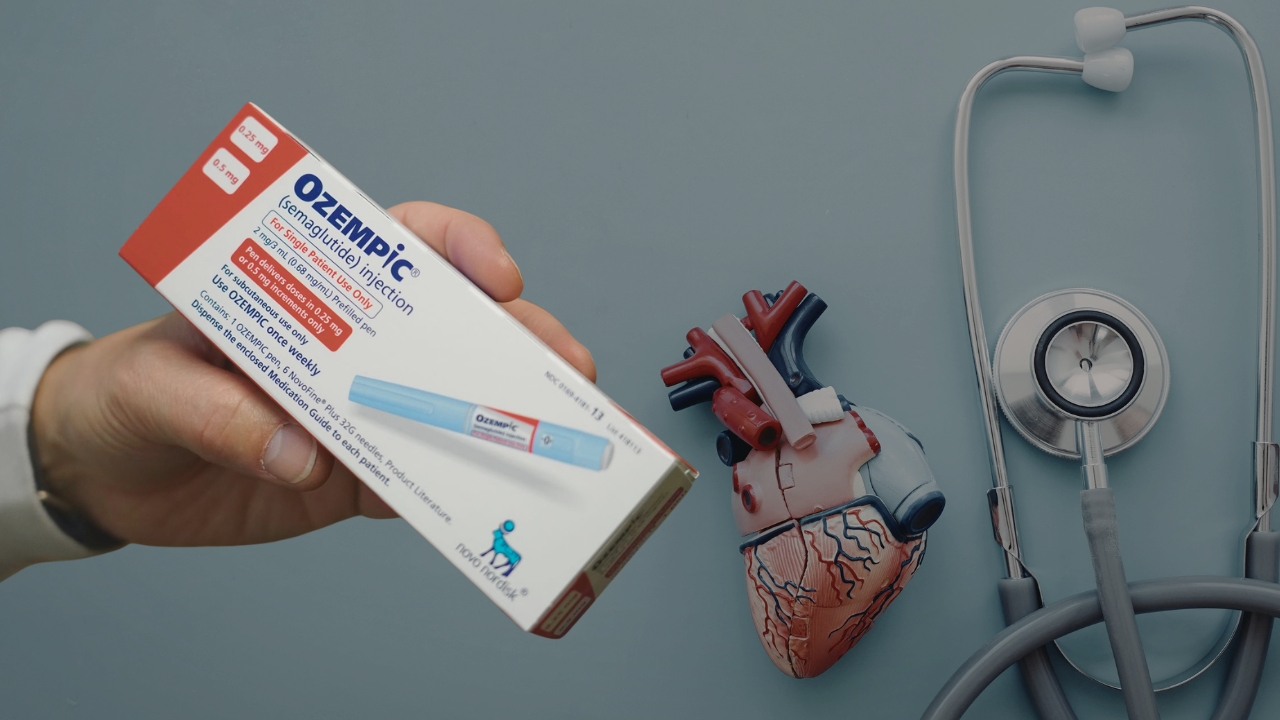Addiction is a complex condition that deeply affects the brain and influences behavior.
Whether the substance is alcohol, drugs, gambling, or other addictive behaviors, addiction alters the brain’s wiring, impacting cognitive functions and emotional regulation.
While addiction can cause lasting changes, research shows that the brain has remarkable plasticity, offering hope for recovery.
Table of Contents
ToggleNeurobiological Basis of Addiction
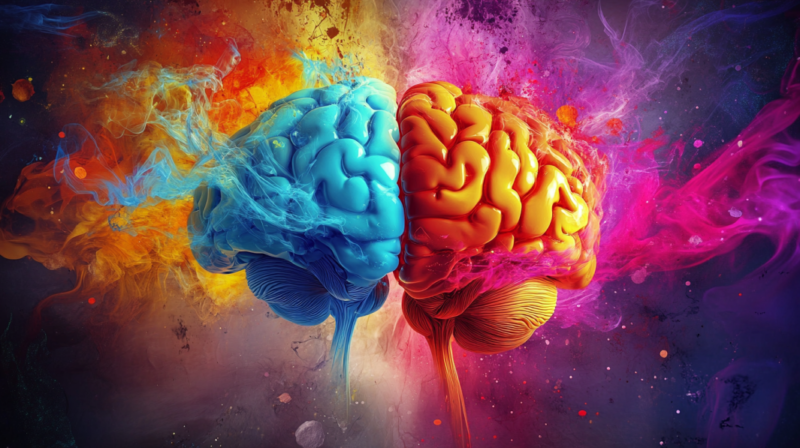
Addiction is considered a brain disorder due to its disruption of the brain’s reward system.
Substances like alcohol or drugs trigger pleasure, reinforcing repeated use.
Over time, this leads to dependence, as the brain relies on the substance to function, affecting decision-making and impulse control, and making recovery difficult according to NIDA.
Key Areas Affected by Addiction
- Nucleus Accumbens: When substances are used, this area releases dopamine, reinforcing the behavior.
- Ventral Tegmental Area (VTA): Sends dopamine signals to other parts of the brain, contributing to the reinforcing effect of substances.
- Prefrontal Cortex: Responsible for decision-making, impulse control, and regulating emotional responses. Addiction impairs these functions, making it harder to resist urges and make healthy decisions.
Stages of Addiction and Brain Involvement
NCBI notes that addiction can be understood through a three-stage cycle involving the binge/intoxication, withdrawal/negative affect, and preoccupation/anticipation stages.
These stages correspond to different changes in brain circuitry and neurotransmitter activity.
Stage
Brain Areas Involved
Key Features
Binge/Intoxication
Nucleus accumbens, Ventral tegmental area, Basal ganglia
Activation of reward circuits; reinforcing behavior, pleasure from use
Withdrawal/Negative Affect
Extended amygdala, Prefrontal cortex, Hypothalamus
Negative emotional states, irritability, anxiety, discomfort, and dysphoria
Preoccupation/Anticipation
Prefrontal cortex, Amygdala, Basal ganglia
Cravings, urges, and compulsive thoughts about substance use
Brain’s Role in Addiction Recovery
Addiction, whether to drugs, alcohol, or gambling, deeply impacts the brain’s reward system.
These substances and behaviors trigger the release of dopamine, reinforcing the urge to repeat the behavior.
Over time, this can lead to dependence, making it harder to control impulses and decision-making. However, research shows the brain has a remarkable ability to recover through neuroplasticity.
Key Addiction Stats
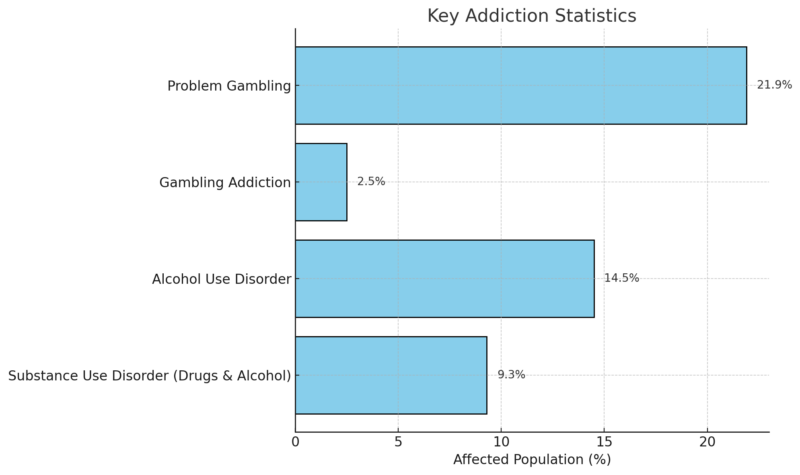
Substance Use (Drugs & Alcohol)
These substances activate the brain’s reward circuits, creating pleasure and reinforcing continued use. Over time, this leads to dependence and changes in brain chemistry, impairing decision-making.
Gambling and Addiction
Similar to substances, gambling activates the reward system, leading to compulsive behavior, even when negative consequences arise
Online platforms like SlotsLV have made gambling more accessible, contributing to higher rates of addiction.
Research indicates that the prevalence of problem gambling is significantly higher among online gamblers, with 21.9% of them reporting gambling issues compared to just 4% in the general population.
Additionally, over 20% of online gamblers are considered at risk for gambling problems, which is five times the rate of less than 10% observed among non-online gamblers. This suggests that online gambling increases the likelihood of experiencing gambling-related issues.
Brain Plasticity and Recovery
Neuroplasticity refers to the brain’s ability to reorganize itself by forming new neural connections.
This characteristic allows the brain to recover and rewire itself after addiction-related changes.
Research has shown that with prolonged abstinence, some of the damage caused by addiction can be repaired.
While full recovery is not guaranteed for everyone, evidence suggests that people can experience substantial improvements in brain function, particularly in areas related to decision-making, emotional regulation, and reward processing.
Brain Recovery After Addiction
Brain Function
Recovery Timeline
Impact of Abstinence
Cognitive Control
Several months to years
Improvement in impulse control, decision-making, and judgment
Reward Processing
Weeks to months
Reduction in cravings and hypersensitivity to rewards
Emotional Regulation
Months to years
Improvement in emotional stability and reduction in anxiety and irritability
How it Heals
Abdo Semaan in his extensive research has noted that:
“Recovery from addiction is a highly individualized process, and the brains ability to heal depends on several factors, including the severity of the addiction, the duration of substance use, and the person’s genetic and environmental background. “
While some people achieve full recovery, others may experience long-term challenges, including vulnerability to relapse.
One of the most promising aspects of recovery is the brain’s adaptability.
Even individuals with long-term substance use histories can experience significant improvement in cognitive functions after sustained sobriety.
However, recovery is not instant. It requires time, therapy, and often a combination of medication and behavioral interventions.
Recovery Rates and Relapse in Addiction
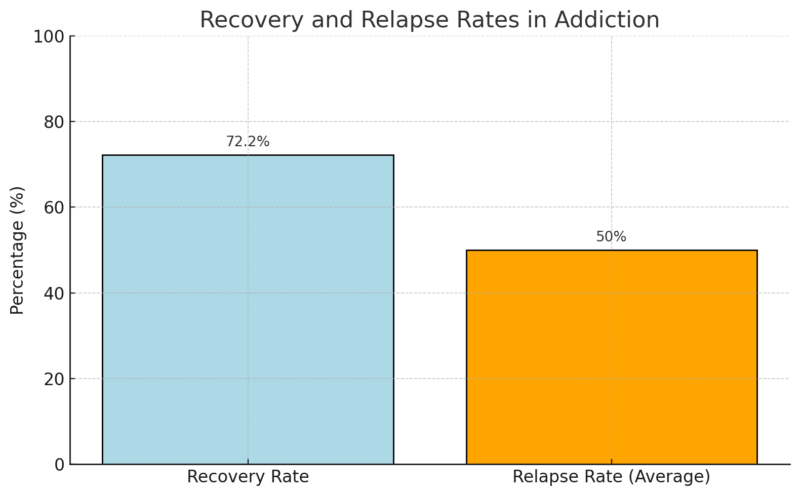
According to the Substance Abuse and Mental Health Services Administration (SAMHSA), 72.2% of adults with a substance use disorder (SUD) reported that they were in recovery or had recovered from their addiction.
The Centers for Disease Control and Prevention (CDC) reports a relapse rate of 40% to 60% for drug and alcohol addiction.
While this is a significant number, it is still lower than the relapse rates for other chronic diseases like asthma and hypertension, which have relapse rates between 50% and 70%.
The Role of Treatment
Addiction treatments focus on addressing the neurological and psychological aspects of addiction. While addiction is a chronic condition, there are effective treatments that can help people manage the disease and improve brain function over time.
Evidence-Based Treatments for Addiction Recovery
- Medications: Three FDA-approved medications are commonly used to help treat alcohol use disorder (AUD):
- Acamprosate: Helps prevent relapse by alleviating withdrawal symptoms and reducing emotional discomfort.
- Naltrexone: Reduces the pleasurable effects of alcohol by blocking opioid receptors.
- Disulfiram: Causes an unpleasant reaction when alcohol is consumed, helping people avoid drinking.
- Behavioral Therapies:
- Cognitive Behavioral Therapy (CBT): Helps individuals identify and change negative thought patterns and behaviors related to substance use.
- Motivational Enhancement Therapy (MET): Encourages individuals to explore their motivations for recovery.
- 12-Step Facilitation: Encourages participation in support groups like Alcoholics Anonymous (AA), which provide mutual support and accountability.
Long-Term Sobriety and Brain Recovery

While the brain’s ability to recover from addiction is real, it is essential to understand that the process is gradual.
Some of the most significant changes occur after several months or even years of abstinence, as the brain rebalances its chemistry and restores executive functions like decision-making and impulse control.
Key Factors in Brain Recovery
Factor
Impact on Recovery
Recovery Process
Duration of Sobriety
Long-term abstinence aids in brain healing
Improved cognitive functions, reduced cravings, and emotional stability
Treatment Compliance
Medications and behavioral therapy can expedite recovery
Consistency in treatment ensures sustained recovery and better brain function
Support Systems
Family support and recovery groups help maintain sobriety
Peer support aids in resilience, reducing relapse risk
Can the Brain Actually Fully Recover?
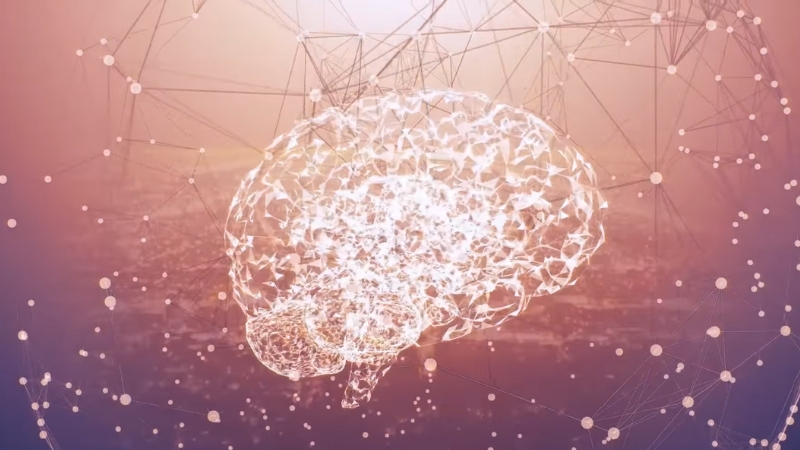
Some individuals may achieve complete recovery, with their brain functions returning to normal, while others may experience lasting changes.
However, the overall evidence supports the idea that the brain is resilient and capable of significant healing.
For many individuals, sustained sobriety can lead to remarkable improvements in both brain function and overall quality of life.
This includes better cognitive function, emotional regulation, and the ability to resist cravings and avoid relapse.
Neuroplasticity allows the brain to heal, but it requires time, dedication, and appropriate treatment.
Methodology
To craft this article, we conducted extensive research using credible sources such as scientific journals, reports from institutions like NIDA and SAMHSA, and expert insights on addiction and recovery.
Data and statistics were carefully integrated to provide a factual foundation for understanding the neurological impacts of addiction and the brain’s capacity for healing.
We synthesized information on addiction stages, neuroplasticity, and treatment methods to present a comprehensive yet accessible explanation of the recovery process.
Insights from recovery statistics and treatment effectiveness were used to highlight both challenges and opportunities in achieving sobriety.
Conclusion
It’s not a choice. It’s not a weakness. Addiction is a brain disease. Drugs can change how the brain works, and those changes can last for a long time.https://t.co/rmEjAx4fPJ#NIDAteens pic.twitter.com/l2dD5FlCSz
— NIDAnews (@NIDAnews) June 17, 2019
Addiction is a deeply ingrained neurological condition, but it is not a life sentence. Research supports the possibility of brain recovery, with evidence showing that the brain can heal over time with sustained sobriety, treatment, and lifestyle changes.
The adaptability of the brain gives hope to those struggling with addiction, showing that with the right support and treatments, full recovery is achievable for many individuals.
This recovery is a lifelong process, and while relapse may occur, it should not be seen as a failure but as part of the ongoing journey toward healing.
Whether through medication, therapy, or mutual support groups, addiction treatments can help people restore their brain’s function and regain control over their lives.
References
- NIDA. 2011, July 1. Drugs and the Brain. Retrieved from https://nida.nih.gov/publications/drugs-brains-behavior-science-addiction/drugs-brain on 2024, November 25
- Koob GF, Volkow ND. Neurobiology of addiction: a neurocircuitry analysis. Lancet Psychiatry. 2016 Aug;3(8):760-773. doi: 10.1016/S2215-0366(16)00104-8. PMID: 27475769; PMCID: PMC6135092.
- Montiel I, Ortega-Barón J, Basterra-González A, González-Cabrera J, Machimbarrena JM. Problematic online gambling among adolescents: A systematic review about prevalence and related measurement issues. J Behav Addict. 2021 Sep 16;10(3):566-586. doi: 10.1556/2006.2021.00055. PMID: 34550906; PMCID: PMC8997231.
- NIDA. 2023, September 25. Treatment and Recovery. Retrieved from https://nida.nih.gov/publications/drugs-brains-behavior-science-addiction/treatment-recovery on 2024, November 25
- Semaan A, Khan MK. Neurobiology of Addiction. [Updated 2023 Nov 2]. In: StatPearls [Internet]. Treasure Island (FL): StatPearls Publishing; 2024 Jan-. Available from: https://www.ncbi.nlm.nih.gov/books/NBK597351/
- SAMHSA Publication No. PEP23-10-00-001 Released 2023
- AddictionHelp.com. (n.d.). Recovery statistics: Facts and data on addiction recovery.
Related Posts:
- New Research Shows How the Brain Adapts Faster Than AI
- Nike Says These Shoes Can Change Your Brain,…
- 10 Highest-IQ States in the US for 2025 - What the…
- Tattoos and Cancer - Surprising New Data Shows a 29%…
- Average Waiting Times for Common Medical Procedures…
- The Role of NHANES in Advancing Health and Nutrition…
